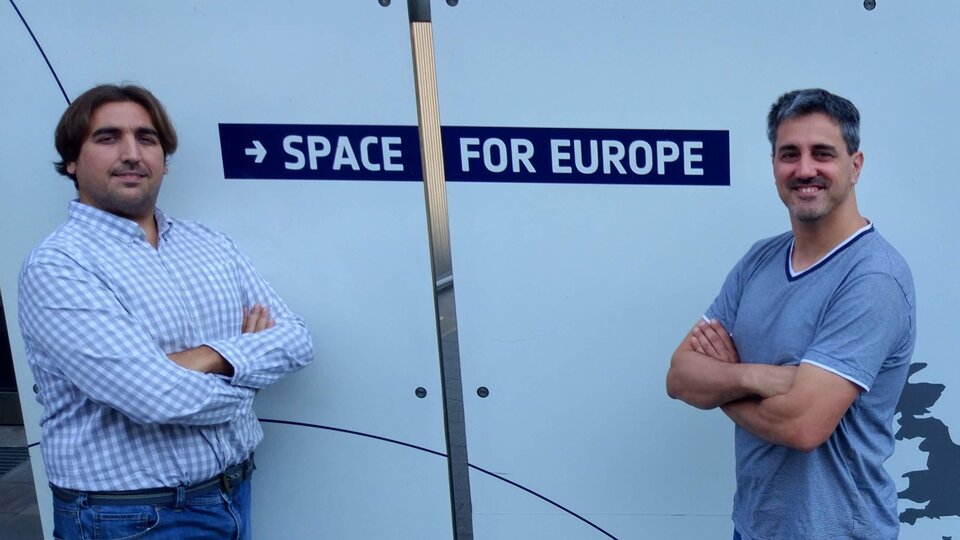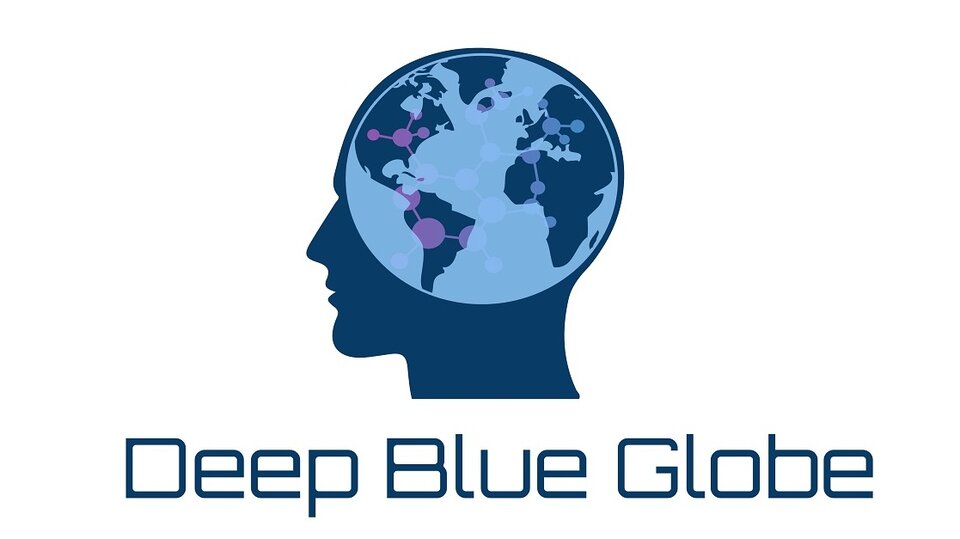Deep Blue Globe - POSEIDON: Maritime autonomous navigation powered by Artificial Intelligence
ESA BIC Hessen and Baden-Württemberg start-up Deep Blue Globe is developing Artificial Intelligence solutions based on Earth observation data for the maritime sector to save time and fuel, thus reducing operation costs. Meet Deep Blue Globe at the 10th ESA Investment Forum in ESOC 31 January 2019.
Making use of data from the Copernicus programme, funded by the European Commission, Deep Blue Globe has developed a solution that optimises the journey of ships saving them time and fuel on any kind of route from regional to international journeys.

Their POSEIDON system is based on Artificial Intelligence (AI) which uses ready available Earth observation data, satellite navigation and communications services, also consider real-time maritime traffic and weather conditions.
POSEIDON can be used by all kind of fleet operators including shipping cargo, fisheries, ferries, cruise liners and also small maritime operators and sailors allowing them to navigate through the optimal route making solely use of the infrastructure already available on the ships.
The benefits of POSEIDON include:
- Reduce costs thanks to the savings in fuel consumption.
- Reduce the time of the maritime journeys.
- Increase safety during maritime navigation.
- Reduce CO2 and SOx emissions.
- Weather routing optimization considering any operational constraint.
- Provide quantitative information.
- Perform autonomous re-planning.
- Near Real Time update into ECDIS (Electronic Chart Display and Information System).
- Support future developments in maritime unmanned navigation systems.
ESA BIC start-up
Founded by Pablo Ruiz Sánchez and Mario Castro de Lera, Deep Blue Globe became part of the Copernicus Accelerator in 2017 after its team members were nominated as finalists in two Copernicus Masters Challenges.

Since April 2018 the start-up is under incubation at the ESA Business Incubation Centre (BIC) Hessen and Baden-Württemberg at their Darmstadt location and won with their POSEIDON the German regional challenge Galileo Masters for Hessen.
Deep Blue Globe has signed collaboration agreements with NVIDIA for the development of Artificial Intelligence applications and WEkEO consortium built by EUMETSAT, Mercator Ocean and ECMWF for the exploitation of their Copernicus DIAS cloud computing platform.

10th ESA Investment Forum
Deep Blue Globe will participate to the 10th ESA Investment Forum 31 January 2019.
The ESA Investment Forum is an ESA space solutions event organized by ESA Business Incubation Centre (ESA BIC) Hessen and Baden-Württemberg in partnership with with High-Tech Gründerfonds Management GmbH and Deutsches Zentrum für Luft- und Raumfahrt e.V. (DLR)
The aim is to foster investments in start-ups operating in the space domain as well as within related application domains, downstream as well as upstream. It provides a platform for networking as well as matchmaking between innovative space start-ups and investors.
ESA BICs - World's largest ecosystem for space-related entrepreneurship
The ESA Business Incubation Centre (ESA BIC) Hessen and Baden-Württemberg is part of the ESA space solutions network of 20 ESA BICs throughout Europe.
The centres are operated under ESA’s Technology Transfer and Business Incubation Programme Office (TTPO) with the European network of Technology Transfer Brokers. Together they offer access to all aspects of space-related innovation, technology and intellectual properties and is a gateway to ESA and European space research and developments.
The 20 ESA BICs in 17 European countries – Austria, Belgium, Czech Republic, Estonia, Finland, France, Germany, Hungary, Ireland, Italy, Norway, Portugal, Spain, Sweden, Switzerland, the Netherlands and UK – are forming the largest ecosystem in the world for space-related entrepreneurship. The 21th centre is soon to open in Northern Germany and more centres are already under preparation.
Over 700 start-ups have been fostered and another near 180 new start-ups are taken in yearly at the ESA BICs to be supported under the two-years business development boosting programme.



